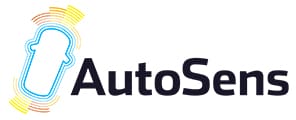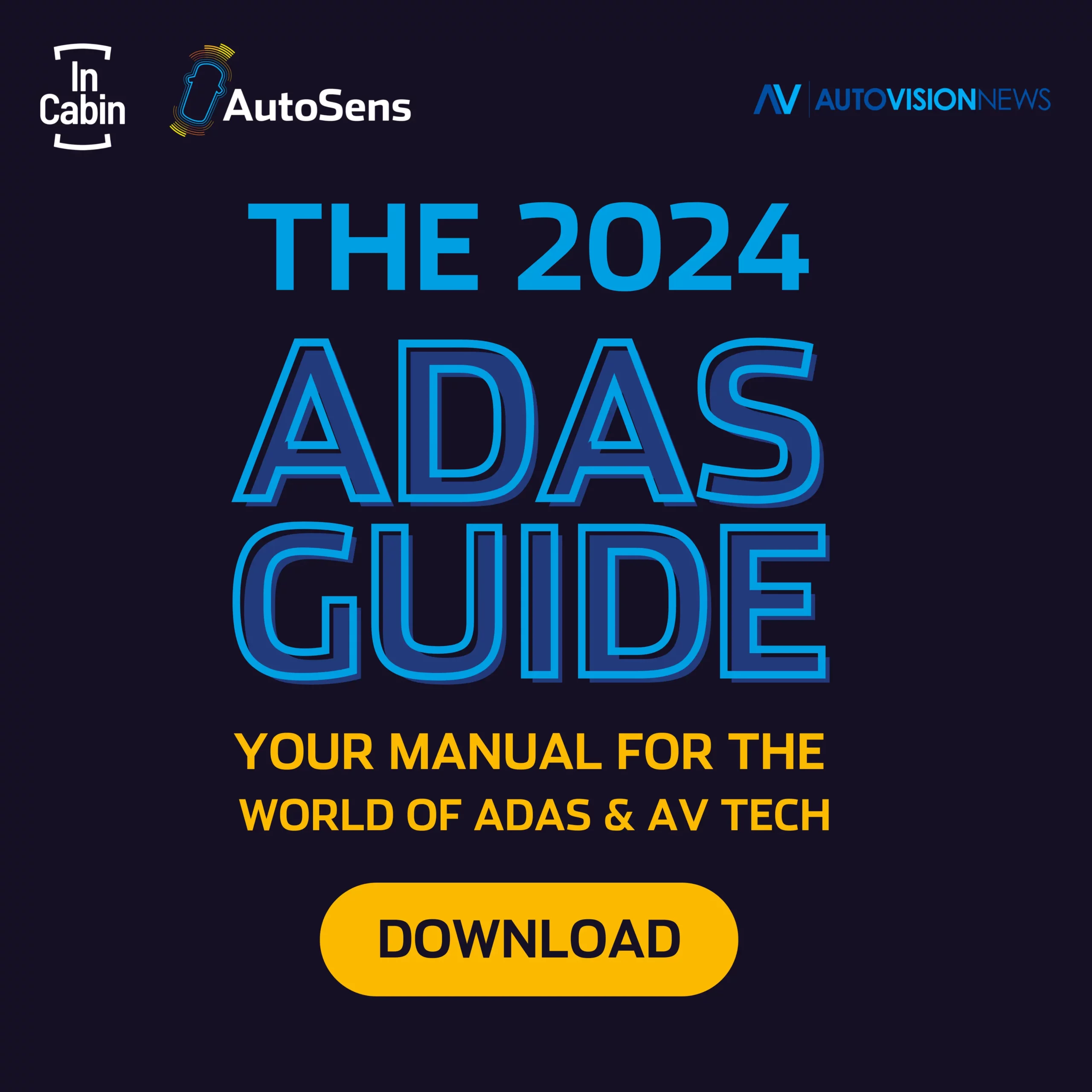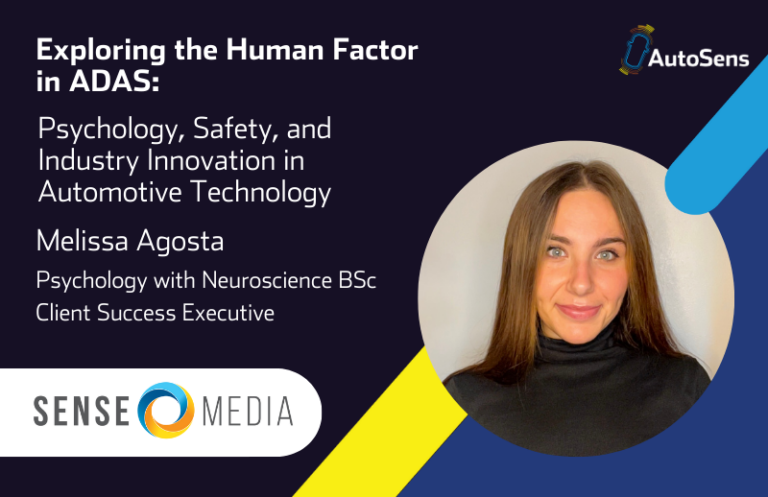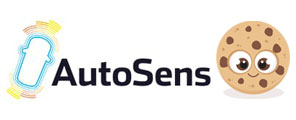
In the rapidly evolving arena of Artificial Intelligence, one company is focused on the Atomium as an important element to their AutoSens experience. The iconic Brussels venue, a gigantic Iron atom, will host the AutoSens Awards presentation ceremony on 20 September.
With the inaugural Awards ceremony just weeks away, we caught up with Felix Heide, CTO and co-founder of Algolux, who were nominated and then shortlisted in the ‘Most exciting startup’ category.
How would you explain your company to a technophobe?
At Algolux, we enable cameras to see more clearly and perceive what cannot be sensed with existing imaging and vision systems. We provide through with our unique artificial intelligence technology that optimizes the full vision stack tailored for specific applications, delivering better image quality and unprecedented computer vision in harsh imaging conditions. Our approach enables safer ADAS and autonomous vehicles, more accurate security systems, and higher quality cell phone pictures, while saving our customers time, development effort, and cost.
How does it feel to be shortlisted?
It’s a great honour to be recognized by the AutoSens Awards committee for our technology and the problems we solve! The AutoSens community lies at the exciting intersection of sensing, imaging, and computer vision. Our primary focus is on automotive imaging and computer vision at this very intersection, so we understand there are many innovative startups in this space to choose from and we’re thrilled to be seen as one of the most exciting ones out there.
The category asks for “A big idea, a dynamic proposition, a brave business model, or a firebrand leader” – why do you think you stood out?
In order to truly bring ADAS and autonomy to where they need to be for dramatically improved safety and mobility, both imaging and perception need to be much more robust than they are today and camera-based systems are central to that. There are now up to 8 cameras in today’s most cutting-edge vehicles and this will grow to over a dozen per vehicle in the near future. But the critical problem is how these systems are built and tuned today.
Current pipeline approaches propagate errors from each stage to the next and the stages are tuned independently and subjectively. So, even the most advanced computer vision stacks perform poorly under difficult imaging scenarios… otherwise known as the real world.
I think we stood out because we’re addressing both of these major issues by developing AI to objectively train imaging and perception stacks for optimal image quality and next-generation levels of computer vision performance. This also aligns very well with the IEEE P2020 working group, which we participate on, to establish objective metrics for automotive image quality for both viewing and computer vision and reinforces the importance of our work.
What are your favorite potato chips?
Ketchup chips (only sold in Canada)
How could the AutoSens Awards be beneficial to you?
As a startup, it is critical to have a dialog with the key companies and developers in the space you’re focused on. AutoSens and the Awards bring the “who’s who” of imaging and perception in automotive in to one place, you can’t ask for a better forum. As an emerging company, we’re very excited about the opportunity this brings for Algolux to meet and collaborate with more of this community.
Join us in wishing Algolux all the best for being a finalist at the AutoSens Awards. View the full shortlist
Why not join the celebrations on 20 September at the Atomium Brussels – book your tickets to the Awards here






